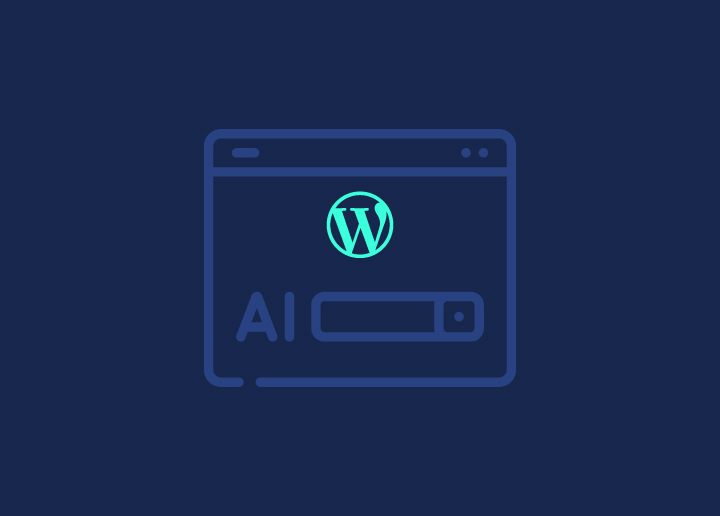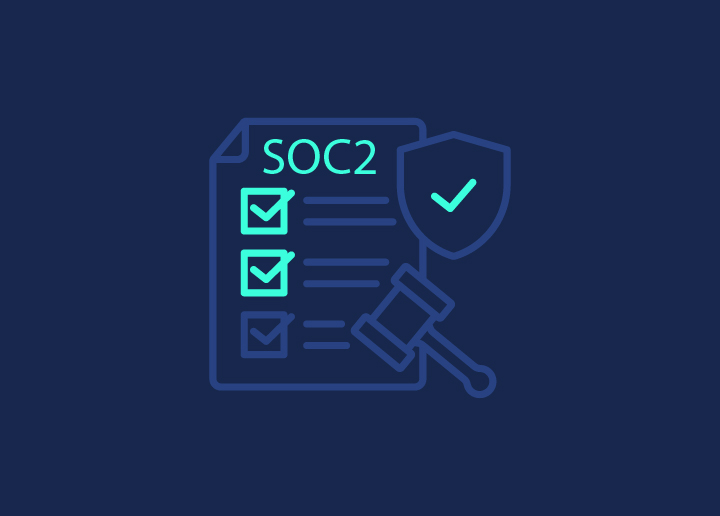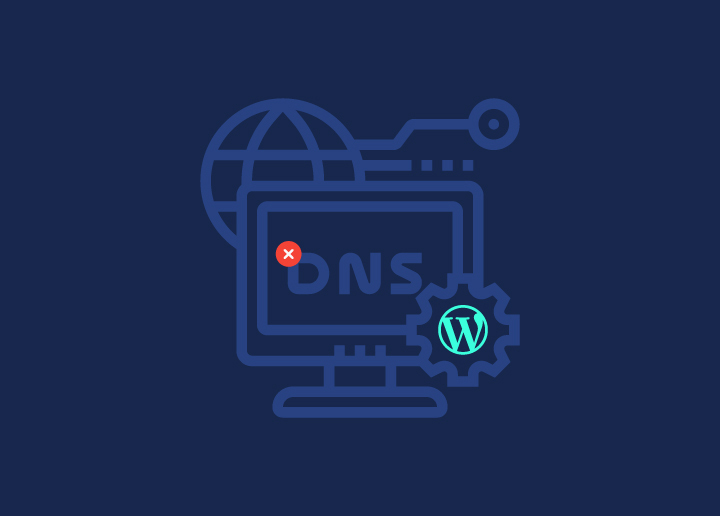Ever feel like your website is just a tad too slow? You’re not alone. Increasing website speed is crucial in today’s fast-paced digital world, where users expect websites to load in the blink of an eye. DNS lookups are often overlooked factors that drag down your site’s speed. Understanding and optimizing DNS lookups can significantly improve your website’s load time, keeping visitors happy and engaged.
Let’s dive into what DNS lookups are, how they impact site speed, and how you can optimize them for a fast speed website.
Contents
ToggleDNS Lookups Overview

Have you ever wondered why your website sometimes takes a bit longer to load? One often overlooked factor is DNS lookups. When someone types your website address into their browser, a DNS (Domain Name System) lookup translates that friendly URL into an IP address, directing the visitor to the right place. Think of it as a phone book for the internet, matching names to numbers.
Explore: The Power of Edge Caching in WordPress: Maximize Your Website Speed
Each DNS lookup takes time, and multiple lookups can add precious milliseconds—or even seconds—to your site’s load time. Reducing the number of DNS lookups can significantly speed up your website, providing visitors with a smoother, faster experience.
Now, it’s time to dive into what makes a good DNS response time and how to optimize it for a zippier website.
Read: Fix DNS_PROBE_FINISHED_NXDOMAIN Error
Speed Up Your Site Now!
Don’t let a slow site drive visitors away. Check out our site optimization services and make your website lightning-fast.
What Is a Good DNS Response Time?
A good DNS response time is typically under 100 milliseconds. Faster response times mean quicker connections and a better user experience. If your DNS response time is creeping above 200 milliseconds, it’s time to start optimizing. The faster your DNS response, the quicker your visitors can start loading your content, making your site feel faster and more responsive.
Related: Ultimate Guide For WordPress Speed Optimization
How Does DNS Lookups Impact Site Speed?
DNS lookups impact site speed by adding a delay before the browser fetches your website’s content. Each resource, such as images, scripts, or stylesheets hosted on different domains, requires a separate DNS lookup. These lookups can stack up, causing noticeable delays in page loading time. Minimizing these lookups reduces the initial wait time, making your site load faster and improving overall user experience.
Read: Best WordPress Speed Optimization Plugins
How to Do a DNS Lookup Speed Test?

You can run a DNS lookup speed test to see how your DNS is performing. This website speed test will show how long it takes for your DNS to resolve your domain name to its IP address, giving you an idea of where you stand. Here are a few tools you can use:
Seahawk’s Free Site Speed Test Tool: Seahawk offers a comprehensive site speed test tool that includes DNS lookup times. Simply visit Seahawk’s Free Site Speed Test Tool, enter your URL, and get a detailed report on your website’s performance. This tool provides actionable insights to help you optimize your site speed.
WebPagetest DNS Lookups: WebPagetest provides detailed information about your site’s performance, including DNS lookup times. Enter your URL and check the results to see where you can improve.
Pingdom DNS Lookups: Pingdom offers an easy-to-use interface to test website’s speed, including DNS lookups. It provides a clear breakdown of how long each element of your page takes to load.
GTmetrix DNS Lookups: GTmetrix is another excellent tool for analyzing site speed. It includes DNS lookup times in its detailed performance reports, helping you pinpoint slowdowns.
Explore: Best Website Speed Test Tools
Reduce DNS Lookups for WordPress – 5 Essential Methods
Optimizing DNS lookups can dramatically improve your WordPress site’s speed. Here are five essential methods to help you achieve faster load times.
Move to a Faster DNS Provider
One of the simplest ways to reduce DNS lookups time is to move to a faster DNS provider. Some DNS providers are quicker and more reliable than others. Consider using providers like Cloudflare, or OpenDNS, which are known for their speed and reliability. Switching to a faster provider can shave precious milliseconds off your DNS resolution time.
Read: Best WordPress Core Web Vitals Optimization Services
Reduce the Number of Hostnames
Each unique hostname on your site requires a separate DNS lookup. By reducing the number of different hostnames, you can cut down on the total DNS lookup time. For example, if your images, scripts, and stylesheets are spread across multiple domains, consolidating them under one or two domains can significantly speed up the initial load time.
Check Out: 6 Best WordPress Speed Optimization Services
Struggling with WordPress Issues?
Get expert help and keep your site running smoothly with our affordable WordPress support services!
Host Third-party Resources Locally
Third-party resources like fonts, analytics, and advertising scripts often reside on different domains, requiring additional DNS lookups. Hosting these resources locally on your server can reduce the number of DNS lookups needed. This not only speeds up your site but also gives you more control over these resources.
DNS Caching
Implementing DNS caching can significantly improve your site’s speed. When a visitor first accesses your site, the DNS lookup result is stored in a cache, so subsequent visits load faster because the browser can skip the DNS lookup step. Setting up DNS caching ensures repeat visitors experience faster load times.
Also Read: How HTTP Caching Works and How to Use it
Set Up DNS Prefetching

DNS prefetching is a technique where the browser preemptively resolves domain names before a user clicks on a link, reducing the wait time for DNS lookups when they do. By adding simple HTML tags, you can instruct the browser to prefetch specific domains, making the browsing experience smoother and faster.
Code: <link rel=”dns-prefetch” href=”//example.com”>
This tells the browser to resolve the domain in advance, cutting down on the time it takes to connect when a user clicks a link to that domain.
Also read: Best WordPress Website Management Services
Wrap Up
Improving your site’s speed by reducing DNS lookups can make a significant difference in user experience. By understanding what DNS lookups are and how they impact your site’s speed, you can take actionable steps to optimize them. Whether switching to a faster DNS provider, reducing the number of hostnames, hosting third-party resources locally, implementing DNS caching, or setting up DNS prefetching, each method plays a crucial role in speeding up your WordPress site.
Don’t let slow DNS lookups drag down your site’s performance. These steps ensure a faster, more efficient website that keeps visitors engaged and happy. With these optimizations, your WordPress site will be better positioned to provide a top-notch user experience.
Ready to see the difference? Start optimizing your DNS lookups today and watch your site speed soar!
Focusing on these methods can significantly reduce DNS lookup times, enhance your site’s overall performance, and provide a seamless user experience.

















